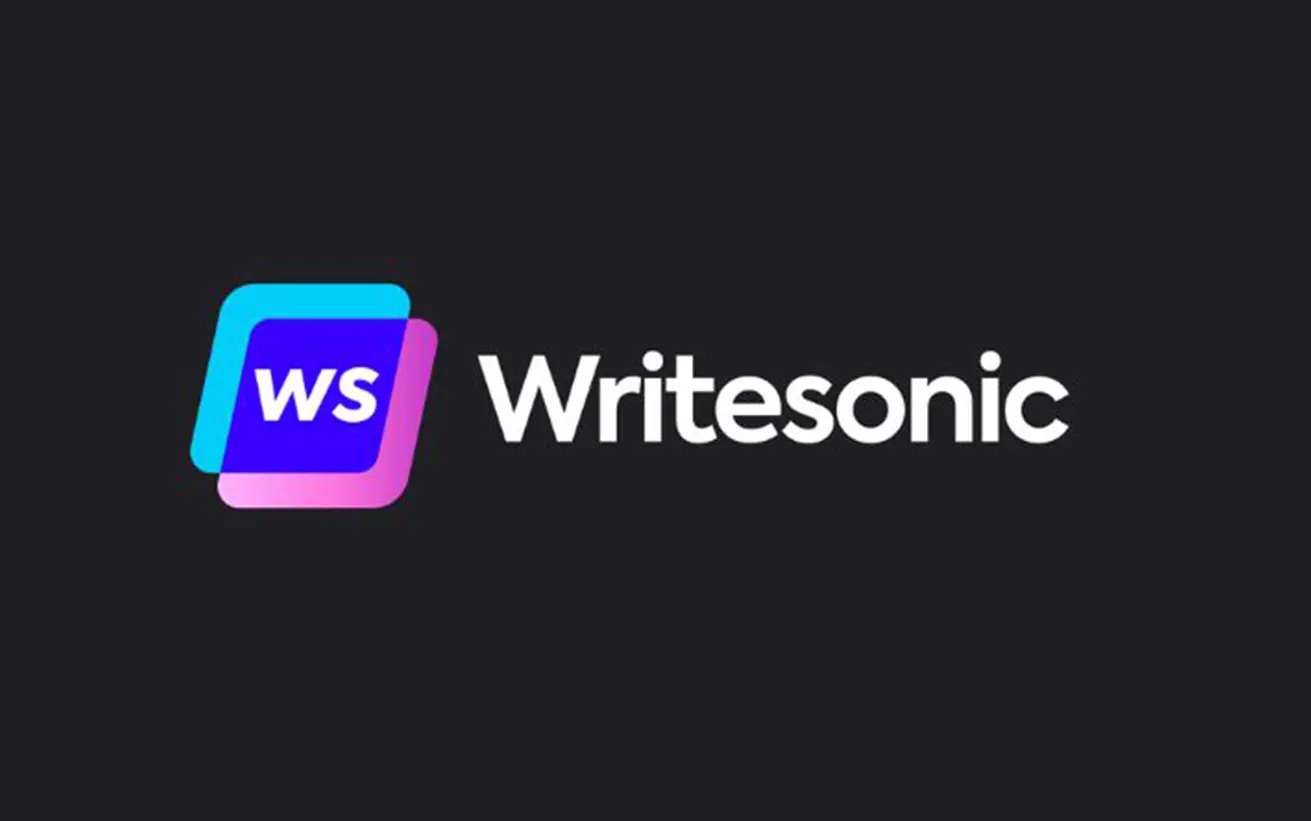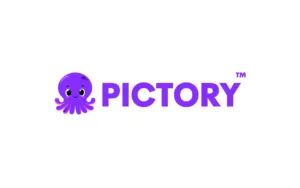Intro
In today’s fast-paced digital age, stock trading apps have transformed the way individuals engage with the financial markets. The plethora of choices available in the market, however, can be overwhelming. To assist you in making an informed decision, we’ve put together an in-depth review of some of the finest stock trading apps as of my last knowledge update in September 2021. Please note that features and offerings may have changed since then.
eToro
Pros:
- Social Trading: eToro’s standout feature is its social trading platform, allowing users to follow and even copy experienced traders’ strategies.
- User-Friendly: It offers a user-friendly interface, making it accessible for beginners.
- Diverse Asset Selection: eToro provides access to a wide range of assets, including stocks, cryptocurrencies, forex, and more.
Cons:
- Limited Technical Analysis: The platform offers limited technical analysis tools, which may not satisfy advanced traders.
- Spreads: While eToro advertises commission-free stock trading, it often makes up for it through higher spreads on certain assets.
Plus500
Pros:
- Intuitive Interface: Plus500 offers a straightforward and intuitive interface, making it suitable for both beginners and experienced traders.
- Global Markets: It covers a broad spectrum of global markets, including stocks, commodities, and indices.
- Demo Account: Plus500 provides a free demo account for users to practice trading strategies.
Cons:
- Limited Research: The platform lacks in-depth research and educational resources.
- Costs: High spreads and overnight financing charges can add up, making it less cost-effective for some users.
Pepperstone
Pros:
- Competitive Pricing: Pepperstone is known for its low spreads and competitive pricing, making it appealing to cost-conscious traders.
- Choice of Platforms: It offers MetaTrader 4 and MetaTrader 5 platforms for traders who require advanced features.
- Customer Support: Pepperstone is renowned for its excellent customer support.
Cons:
- Asset Selection: While it excels in pricing, Pepperstone may not provide the widest range of tradable assets.
- Complexity: It may not be as beginner-friendly as some other apps, which could be a drawback for novice traders.
Charles Schwab
Pros:
- Reputation: Charles Schwab is a well-established brokerage with a strong reputation for reliability.
- Investment Variety: The platform offers a wide range of investment options, including stocks, ETFs, mutual funds, and more.
- Research Resources: Charles Schwab provides robust research and educational resources.
Cons:
- Fees: It comes with higher fees and commissions compared to some competitors, which may not suit frequent traders.
- Complexity: The platform’s interface might be overwhelming for beginners.
SoFi
Pros:
- Commission-Free Trading: SoFi stands out with commission-free trading for stocks and ETFs, making it appealing to cost-conscious investors.
- Holistic Financial Services: Beyond trading, SoFi offers financial planning and loan services for a comprehensive financial experience.
- User-Friendly: The app boasts a user-friendly design, making it accessible for beginners.
Cons:
- Limited Investment Options: SoFi’s investment options may be limited compared to some other platforms, which could be a drawback for experienced investors.
- Advanced Traders: It may not cater to the needs of advanced traders seeking complex tools and features.
Webull
Pros:
- Commission-Free Trading: Webull offers commission-free trading of stocks, options, and cryptocurrencies.
- Extended Trading Hours: It provides extended trading hours, catering to traders who prefer to trade outside regular market hours.
- Paper Trading: Webull offers a paper trading feature, allowing users to practice trading without risking real money.
Cons:
- Customer Support: Customer support may be limited compared to larger brokerage platforms.
- Complexity: The platform’s complexity might not be suitable for beginners.
Fidelity
Pros:
- Reputation: Fidelity is a highly reputable brokerage known for its reliability.
- Investment Variety: It offers a wide range of investment options, including stocks, ETFs, mutual funds, and retirement accounts.
- Research Resources: Fidelity provides extensive research and educational resources for investors of all levels.
Cons:
- Fees: Fidelity’s fees and commissions may be higher for active traders.
- Complexity: The platform’s interface might be overwhelming for beginners.
JP Morgan
Pros:
- Financial Institution: JP Morgan is part of a renowned financial institution, instilling confidence in users.
- Comprehensive Services: It offers various financial services, including stock trading, banking, and investment management.
- Research Tools: JP Morgan provides high-quality research and analysis tools.
Cons:
- Costs: It may not be as cost-effective as some other platforms, which could be a drawback for budget-conscious users.
- Limited Promotions: JP Morgan may offer fewer promotions for new investors compared to newer competitors.
AvaTrade
Pros:
- Diverse Assets: AvaTrade offers a wide range of assets, including forex, stocks, cryptocurrencies, and more.
- Choice of Platforms: It provides various trading platforms to cater to different trading styles.
- Low Minimum Deposit: AvaTrade has a low minimum deposit requirement, making it accessible to users with smaller budgets.
Cons:
- Spreads: The platform tends to have relatively high spreads.
- Education: AvaTrade’s educational resources may be limited compared to some other platforms.
IG Markets
Pros:
- Competitive Pricing: IG Markets is known for its competitive pricing and low spreads.
- Advanced Charting: It offers advanced charting tools for traders who require in-depth analysis.
- Asset Variety: IG Markets covers a wide range of tradable assets, from stocks to commodities.
Cons:
- Inactivity Fees: The platform charges inactivity fees for dormant accounts, which could be a drawback for infrequent traders.
- Customer Support: Customer support may be slow at times.
Interactive Investor
Pros:
- Flat Fee Pricing: Interactive Investor operates on a flat fee pricing structure, making it suitable for frequent traders.
- Research Resources: It offers comprehensive research and analysis tools.
- International Markets: Users can access international markets through the platform.
Cons:
- Costs for Infrequent Traders: The flat fee structure may not be cost-effective for infrequent traders.
- User-Friendly Interface: The platform’s interface may be less user-friendly compared to some competitors.
Robinhood
Pros:
- Commission-Free Trading: Robinhood pioneered commission-free trading and gained popularity for its affordability.
- User-Friendly Design: It boasts a user-friendly app design, making it accessible to beginners.
- Fractional Shares: Robinhood allows users to trade fractional shares, making investing more accessible.
Cons:
- Controversies: It has faced controversies related to order routing and customer service.
- Limited Customer Support: The platform may offer limited customer support options.
Wealthfront
Pros:
- Robo-Advisory: Wealthfront is a robo-advisory platform for automated investing.
- Low Fees: It offers low management fees, making it cost-effective.
- Tax Efficiency: Wealthfront employs tax-efficient investing strategies.
Cons:
- Limited Customization: It offers limited customization options for investors seeking more control.
- Not for Active Traders: Wealthfront may not be suitable for active traders looking for hands-on management.
Betterment
Pros:
- Robo-Advisory: Betterment specializes in diversified portfolio management.
- Automated Rebalancing: It automates portfolio rebalancing and tax optimization.
- Ease of Use: Betterment’s platform is easy to navigate.
Cons:
- Limited Investment Options: It offers limited investment options outside of automated portfolios.
- Higher Management Fees: For larger account balances, Betterment charges higher management fees.
So, what is the best app?
Choosing the right stock trading app ultimately hinges on your unique investment goals, experience level, and preferences. Each of these apps offers a distinct set of features and benefits, and it’s essential to evaluate them against your specific needs. The financial industry is ever-evolving, so staying updated on the latest offerings and changes in fees and commissions is crucial. Always conduct thorough research and consider seeking advice from financial professionals when making investment decisions.






